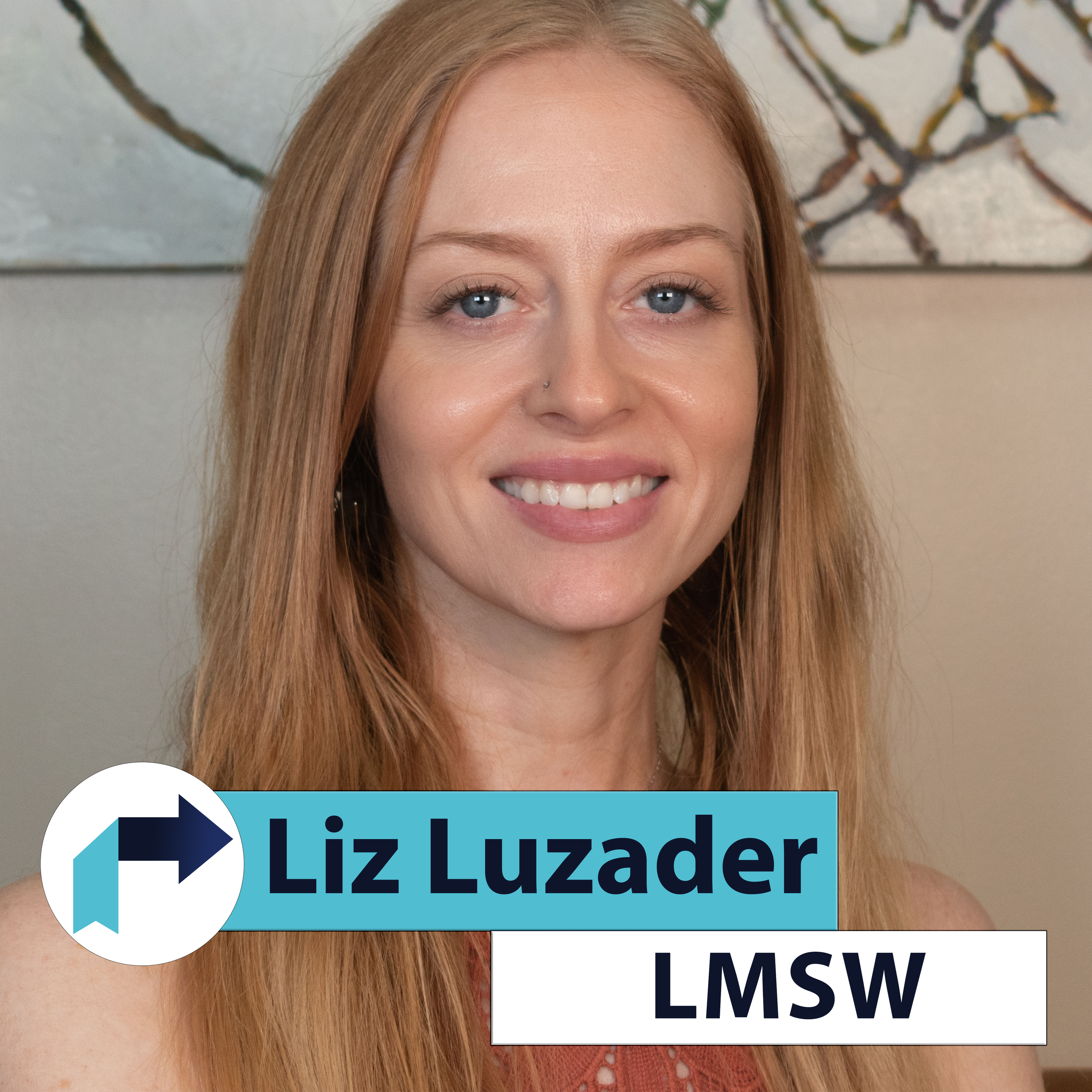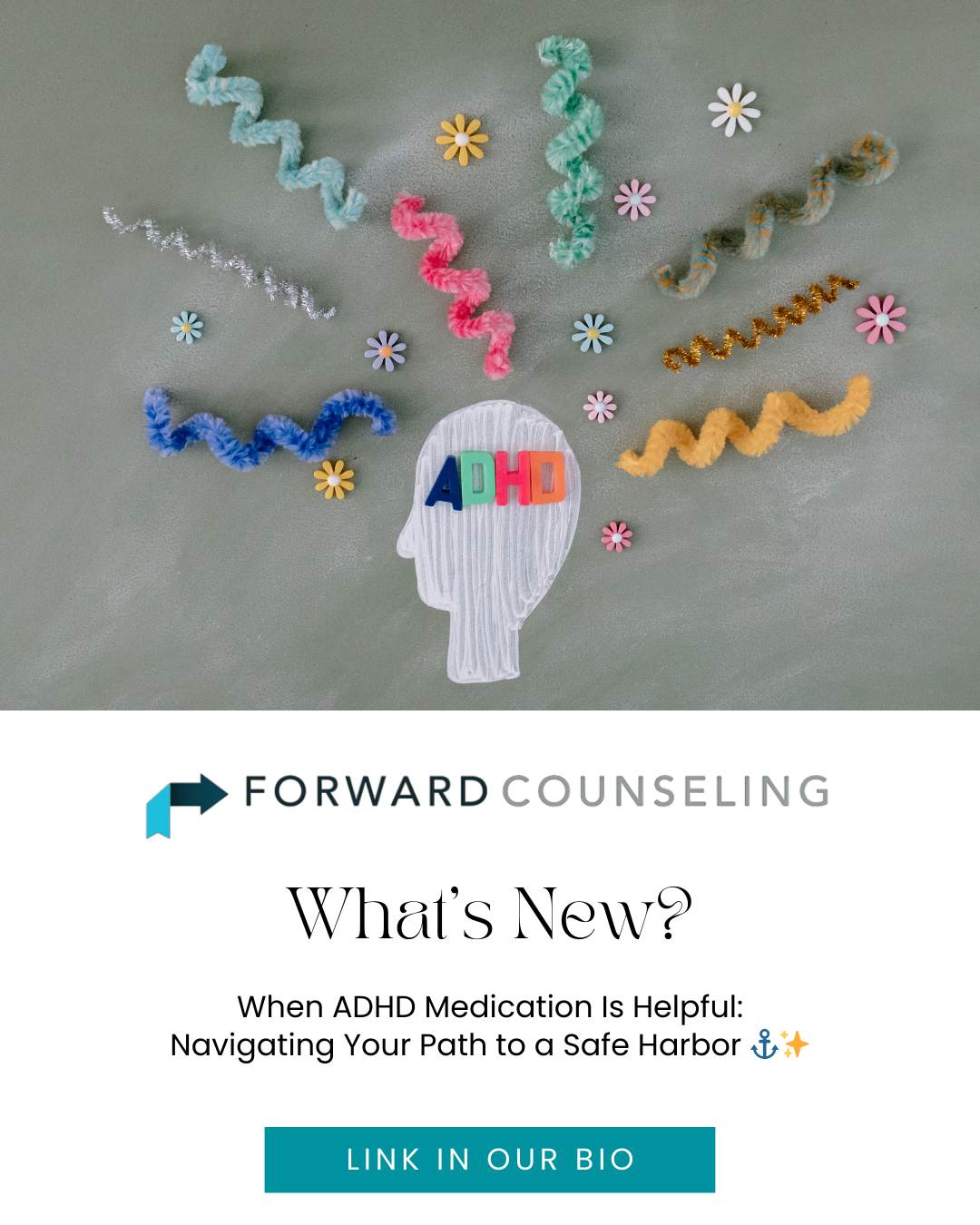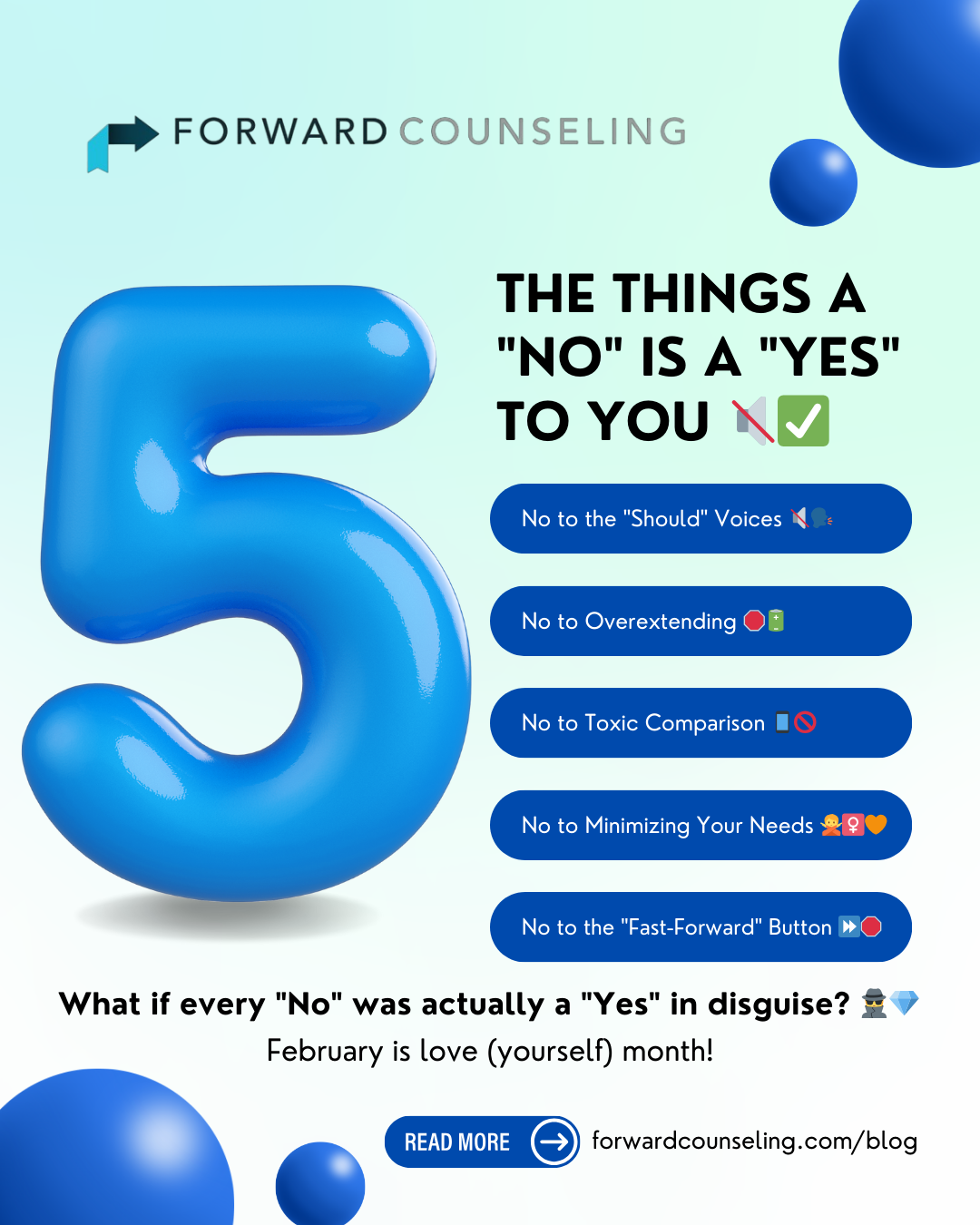Q&A with Counselor Liz Luzader, LMSW
/Liz is a therapist with a mission to guide her clients to self-healing through learning how to build a healthy relationship with themselves. She likes to utilize holistic approaches that create safety and trust within, and focus on the mind, body, and soul to help clients learn how to work with difficult emotions.
She is trained in EMDR, Ego-state therapy, and TF-CBT. She also employs CBT, DBT-informed techniques, person-centered therapy, mindfulness, and somatic techniques when appropriate. She ultimately aims to provide a safe and supportive space for clients to explore their own human experience.
Why should someone see a therapist?
I think someone should see a therapist if they are struggling in life and don’t know how to work with their emotions. There is always a learning opportunity when you explore your human experience!
What made you become a therapist?
I wanted to become a therapist because of the experiences in my life. I wanted to help people alleviate their suffering. Now it’s because I want to help guide people to self-healing!
In your opinion, what makes a therapist great?
Understanding that we are human first. I think great therapist are those that understand that the person/client is the expert of themselves, and their lives and we are just guides helping them learn how to self-heal.
Why did you choose your specialty?
I chose my specialty because everyone has a story and a human experience that they have learned to adapt to. I want to help them understand that with guidance, people can learn to build a relationship with themselves cultivating trust and safety within that allows them to self-heal.
What types of clients do you prefer to work with and why?
I prefer to work with those struggling with anxiety, depression, and trauma. I have found it is so common and relatable amongst us all.
What are the characteristics of a client who is the best fit for you?
I want to work with people that are motivated for change, want to do the work, and are willing to explore their human experience to learn more about themselves.
What therapeutic approaches do you use?
I use holistic approaches such as parts work, EMDR, Ego-State, Attachment-based, CBT, DBT-informed, person-centered, trauma-informed, and somatic techniques.
What types of assessments have you used in therapy?
I have used CAFAS, trauma, substance abuse, and crisis assessments for children and adolescents in community mental health.
How do you use skills you have learned as a therapist in your own life? Do you have an example?
I use somatic techniques and parts work to work with my emotions and continue to build a relationship with myself. I incorporate movement in my life through dancing, skating, exercise, hiking, and PLAY (the most crucial of all) to cultivate trust and safety within.
If you weren’t a therapist, what would you be doing?
I would want to do something with somatic healing such as a dancer, skater, and/or movement instructor/trainer. I would love to be a somatic therapist/guide.
What piece of advice might you have for a potential client?
I would tell them that building a relationship with yourself is the most important relationship you will ever have. This allows you to get your needs met, communicate well with others, builds self-esteem, and allows you to establish boundaries. You learn to become more aligned with and rise in love with yourself.
Do you typically recommend medication? What coping methods would you suggest to someone who does not want to take a prescribed medication?
If that is something the client wants, I would refer them to a doctor qualified to prescribe medications. I would suggest holistic approaches that one can easily use such as breathing and somatic techniques to help work with your emotions.
How should a prospective client prepare for the first session?
I want my clients to know they can be themselves and we are all humans trying to navigate life. I understand what a privilege it is to share your story and innermost feelings with someone. I provide a safe space for people to allow themselves to be vulnerable. I want my clients to be open to exploring their human experience with me.






